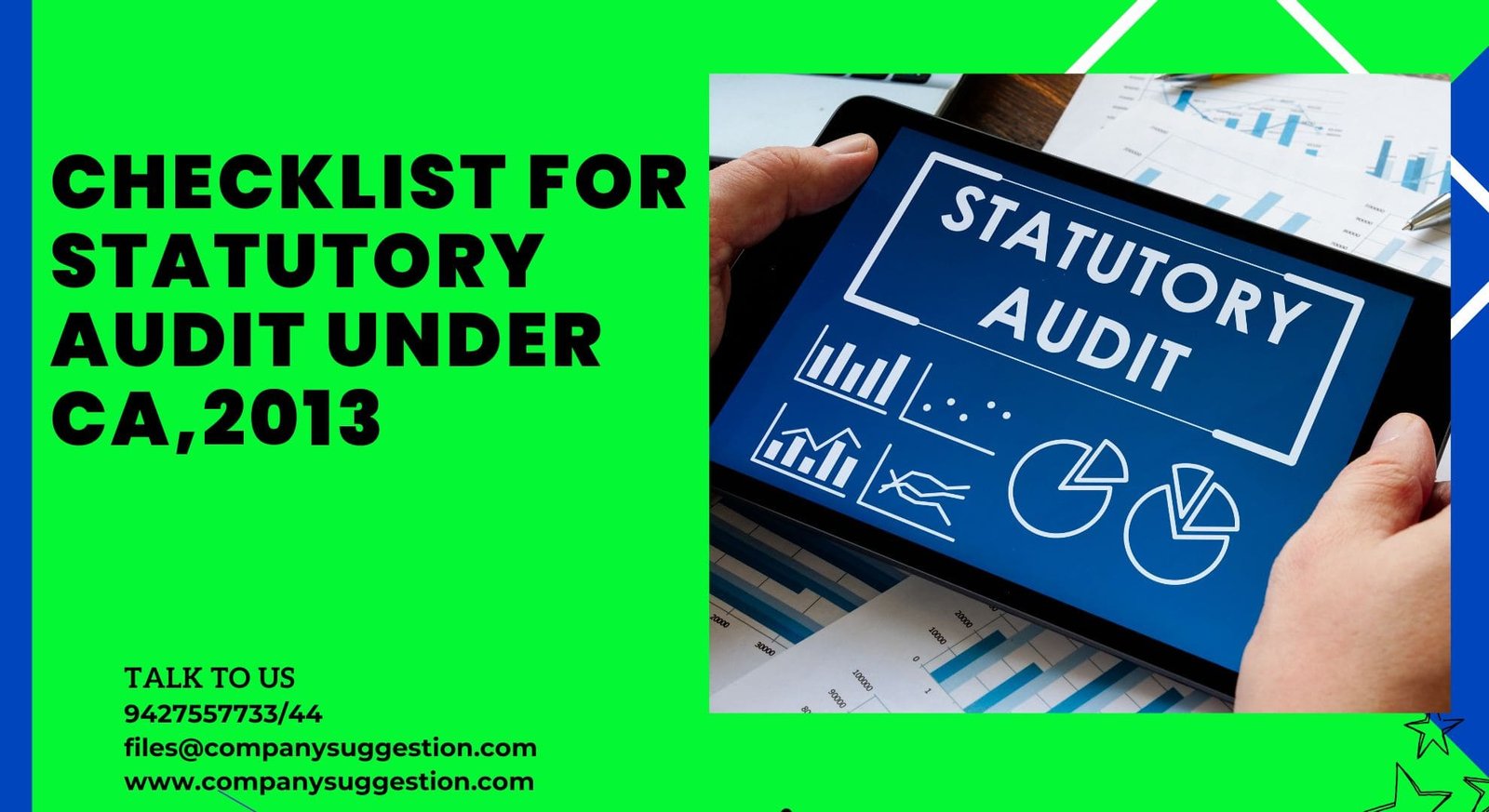Appointing a Director holds significance not just from a management perspective but also as a procedural necessity mandated for all companies. As per the Companies Act, the position of Director can only be held by an individual; entities such as companies, organizations, firms, or other legally recognized bodies are ineligible for Director appointments.
Requirement of Directors
Under the provisions outlined in Section 149 (1) of the Companies Act, 2013, the number of directors a company should have depends on its classification. Specifically, a public company is required to have a minimum of three directors, a private company should have at least two directors, and a One-Person Company (OPC) is permitted to have just one director. While a company has the flexibility to appoint up to fifteen directors, if it wishes to exceed this limit, a special resolution must be passed during a public company’s meeting.
In accordance with Section 152(2) of the Companies Act, 2013, the process of electing directors is detailed. It stipulates that every director must be chosen during a general meeting of the company, unless any exceptions are outlined in this act.
Terms of Appointment
The guidelines for appointing Directors within the Company are as follows:
- Only natural individuals are eligible for Director roles.
- Prospective Directors must have a Director Identification Number (DIN) before nomination.
- Individuals being considered for Directorship must hold a Digital Signature Certificate (DSC) issued by an authorized body.
- Any person assuming the position of Director must furnish their DIN and declare their qualification for Directorship under the Companies Act, 2013.
- Prior to or subsequent to their appointment, every appointee must submit Form DIR-2, confirming their willingness to act as a Director.
- Eligibility for Directorship is void if the individual isn’t registered under Section 164(1) of the Companies Act, 2013.
- The aggregate directorships held by an individual, including any other directorial roles, must not exceed twenty entities concurrently. Moreover, the count of public companies where an individual serves as Director must not surpass ten.
Qualifications of Directors
The Companies Act of 2013 does not prescribe specific educational or professional qualifications of directors. Additionally, the Act does not enforce any mandatory qualifications to directors. In the absence of relevant provisions within a company’s articles of association, there is no obligatory requirement for a director to hold shares in the company, unless they choose to do so willingly. However, articles generally support a minor percentage of eligibility.
Share qualification
The company’s articles provide that each director must hold a specific quantity of shares, referred to as “qualification shares.” It is mandatory for a director to acquire the required number of these shares within two months of their appointment. If an individual is not appointed as a director, there is no obligation for them to acquire these qualifying shares. Additionally, the director cannot be compelled to obtain share qualification within a period shorter than two months after their appointment. The cost of the eligible shares cannot exceed five thousand rupees, unless the nominal value of the name exceeds the share value. Directors are allowed to possess shares only and are not required to provide any warranties.
Failure to acquire the required qualification shares as directed can have consequences for the director. He can suffer in two ways:
- The director post may become vacant.
- He could get in trouble and have to pay a fine if he continues to serve as a director. It’s mandatory for the director to hold the shares himself.
Disqualifications
The rules for becoming a director are explained in Section 274. There are certain situations where someone cannot become a director:
- If a person is not mentally well and a court acknowledges this.
- When a director is declared financially unstable.
- If a director doesn’t pay for the required shares within 6 months of becoming a director.
- If a director is sentenced to at least 6 months in prison for misbehavior, and this sentence doesn’t go beyond 5 years from the end of their sentence.
- If a director is proven to be involved in fraudulent activities under Section 203.
- If a person is unable to repay their debts that are more than what they own. Or if a company has taken legal action against the director.
If a private company isn’t an assistant of a public company, it can be more lenient with certain disqualifications. In simpler words, a public company and its leaders don’t have the same freedom to be lenient with other disqualifications.
Appointment of Directors at General Meeting
According to Section 152(2), every director needs to be elected by the company in a public meeting, unless Act gives otherwise.
- Appointment of directors if it is a private company – In cases where the documentation regarding the designation of directors within a private company is unclear or lacks provisions for director appointments except for a general assembly, the process of electing directors should occur during a shareholder meeting that is open to the public.
- Rotation Manner– Section 152(6)(c) states that the initial annual gathering of a public company should occur subsequent to the assembly in which the inaugural directors are nominated. Following this, in every subsequent yearly meeting, directors will step down systematically. In situations where the count of directors does not amount to three or a multiple of three, approximately one-third of the directors will relinquish their positions.
- The directors retiring in these annual meetings should be the ones who have been in the position the longest since their last appointment. However, if multiple directors were appointed on the same day, and they have an agreement among themselves, they can choose which among them will retire. [Reference: Section 152(6)(d)]
Conclusion:-
A solid five-year agreement is a great way to give someone the important abilities to lead the company. However, because of privacy laws, there needs to be a focus on protecting personal information. If any mistakes are made in the paperwork, the directors has a month to fix them. Before hiring the directors, the company should carefully look into their qualifications. If you have any questions, you can contact our experts at Companysuggestion.












